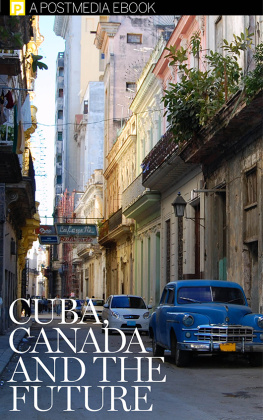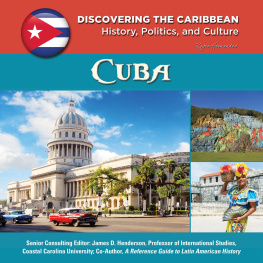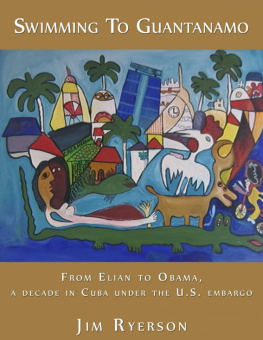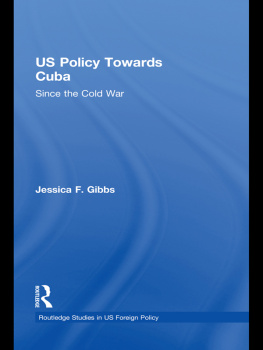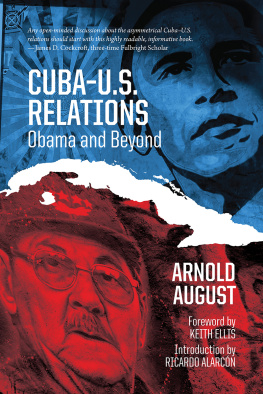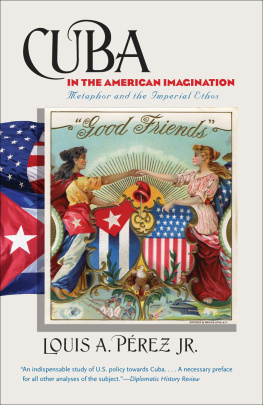
Gary Clyde Hufbauer , Reginald Jones Senior Fellow at the Peterson Institute for International Economics since 1992, was the Maurice Greenberg Chair and Director of Studies at the Council on Foreign Relations (199698), the Marcus Wallenberg Professor of International Finance Diplomacy at Georgetown University (198592), senior fellow at the Institute (198185), deputy director of the International Law Institute at Georgetown University (197981); deputy assistant secretary for international trade and investment policy of the US Treasury (197779); and director of the international tax staff at the Treasury (197476). Among his numerous coauthored books are Local Content Requirements: A Global Problem (2013), The United States Should Establish Permanent Normal Trade Relations with Russia (2012), Figuring Out the Doha Round (2010), and Economic Sanctions Reconsidered , 3rd edition (2007).
Barbara Kotschwar , research fellow, has been associated with the Peterson Institute for International Economics since 2007. She is also adjunct professor of Latin American studies and economics at Georgetown University. Before joining the Institute, she was chief of the Foreign Trade Information System at the Organization of American States. She has advised Latin American and Caribbean governments on trade-related issues and has worked with multilateral and regional development banks on a variety of trade and development projects. Her publications include Understanding the Trans-Pacific Partnership (2012) and Reengaging Egypt: Options for US-Egypt Economic Relations (2010).
Cathleen Cimino has been a research analyst at the Peterson Institute for International Economics since August 2012. She obtained a masters degree focused on international economics from the School of International Relations and Pacific Studies (IR/PS) at the University of California, San Diego and a bachelors degree from Columbia University. She previously worked on development and economic security issues at the Asia Society and the Center for Strategic and International Studies. She is coauthor of Local Content Requirements: A Global Problem (2013).
Julia Muir was a research analyst at the Peterson Institute for International Economics from March 2010 to June 2013. She is currently a consultant at the Office of Integration and Trade, Inter-American Development Bank. Prior to joining the Institute she completed a Bachelor of Arts degree from McGill University with a concentration in international development studies and economics. She also holds a Master of Economics from the University of Sydney. She is coauthor of Understanding the Trans-Pacific Partnership (2012).
PETERSON INSTITUTE FOR INTERNATIONAL ECONOMICS
1750 Massachusetts Avenue, NW, Washington, DC 20036-1903, (202) 328-9000, FAX: (202) 659-3225, www.piie.com
Adam S. Posen, President
Steven R. Weisman, Vice President for Publications and Communications
Cover Design by Peggy Archambault
Cover Photo by iStock Photo
Copyright 2014 by the Peterson Institute for International Economics. All rights reserved. No part of this book may be reproduced or utilized in any form or by any means, electronic or mechanical, including photocopying, recording, or by information storage or retrieval system, without permission from the Institute.
For reprints/permission to photocopy please contact the APS customer service department at Copyright Clearance Center, Inc., 222 Rosewood Drive, Danvers, MA 01923; or email requests to:
Printed in the United States of America
16 15 14 5 4 3 2 1
Library of Congress Cataloging-in-Publication Data
Hufbauer, Gary Clyde.
Economic normalization with Cuba : a roadmap for US policymakers / Gary Clyde Hufbauer and Barbara Kotschwar.
pages cm
Includes bibliographical references.
ISBN 978-0-88132-682-6
1. United StatesForeign relationsCuba. 2. CubaForeign relationsUnited States. I. Kotschwar, Barbara. II. Title.
E183.8.C9H84 2014
327.7307291--dc23
2013050423
This publication has been subjected to a prepublication peer review intended to ensure analytical quality. The views expressed are those of the authors. This publication is part of the overall program of the Peterson Institute for International Economics, as endorsed by its Board of Directors, but it does not necessarily reflect the views of individual members of the Board or of the Institutes staff or management. The Institute is an independent, private, nonprofit institution for rigorous, intellectually honest study and open discussion of international economic policy. Its work is made possible by financial support from a highly diverse group of philanthropic foundations, private corporations, and interested individuals, as well as by income on its capital fund. For a list of Institute supporters, please see www.piie.com/supporters.cfm.
Contents
Tables
Boxes
Preface
After more than a half century of distrust reinforced by tough economic sanctions imposed from Washington, Cuba and the United States may be ready for a new phase in their relationship. Unlikely as it might seem, Economic Normalization with Cuba: A Roadmap for US Policymakers by Gary Clyde Hufbauer and Barbara Kotschwar could not come at a better time.
The United States and Cuba have had extremely limited economic ties since the US commercial, economic, and financial embargo on Cuba was enacted in October 1960, a year after Fidel Castro and his revolutionaries overthrew the Batista military regime. In the period since then, Washingtons main goal has been to destabilize if not overthrow the Castro regime, an effort that has not exactly been a ringing success. The Castro regime, meanwhile, has managed to survive as a Communist outpost in a region that has largely though not entirely turned to free markets.
Today, however, younger Cubans and Americans appear ready for more political and economic engagement. The regime of Ral Castro, Fidels brother, has allowed Cubans to buy and sell property, lifted restrictions on other private economic activity, and allowed more freedom of movement of individual Cubans within and outside the country. Ral Castro has announced that he will retire in 2018. Recently, protests in Cuba have erupted, with Cubans demanding more liberalization. For its part, the United States, while continuing to criticize the Castro regime for its repression of basic civil and human rights, has quietly loosened restrictions on Cuban-American remittances to family members on the island and has opened the possibility of travel to Cuba to wider categories of Americans. Migration talks have resumed, and discussions on restarting direct mail service are ongoing.
Hufbauer and Kotschwar refrain from speculating on when or how political normalization will take place. Rather they lay out possible steps that US policymakers and businesses can take to restore normaland reciprocaleconomic relations with Cuba when the time comes and focus on the universe of economic and trade issues that will inform the terms and scope of normalization, once a high-level political decision had been made by the United States to move in that direction. While some argue that unconditional US withdrawal of sanctions offers the fastest path to Cuban economic progress, this book contends that reciprocal negotiations offers the best path toward both economic growth and deeper integration between the US and Cuban economies. First, drawing on the cautionary tales of other transition economies, the authors hold that reciprocal negotiations are necessary to tilt the political economy balance in favor of liberalization and mitigate the surge of vested interests that may resist modernization of the economy. Second, the authors hold that Cubas embrace of all tenets of a market economy is the best path toward economic growth.
Next page

